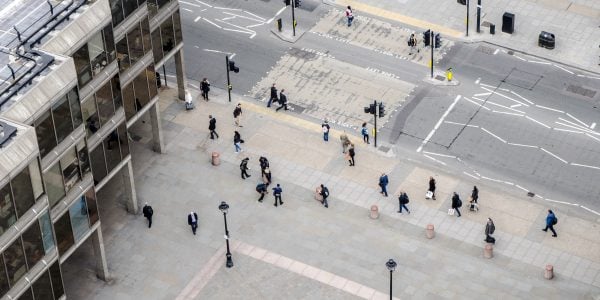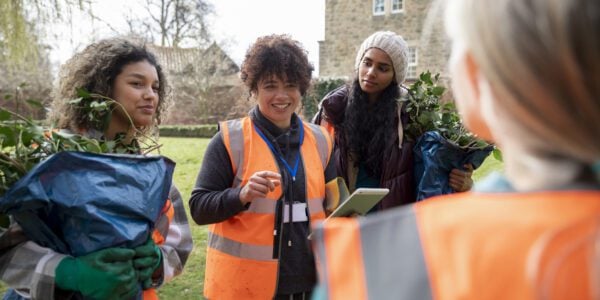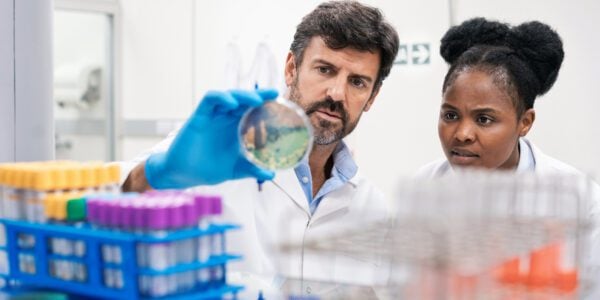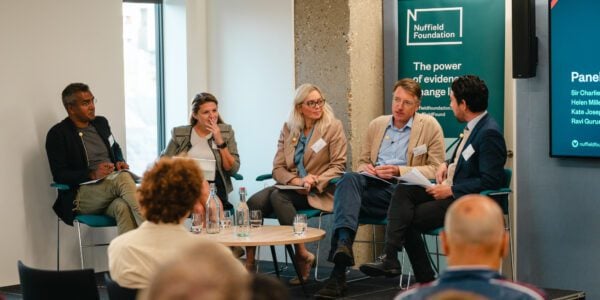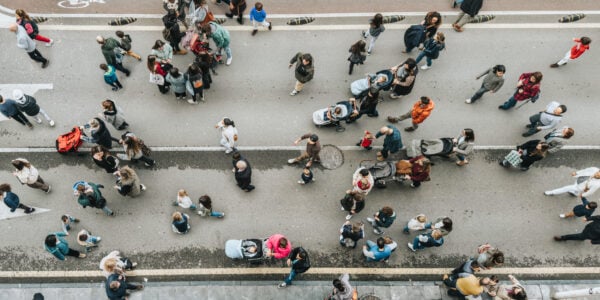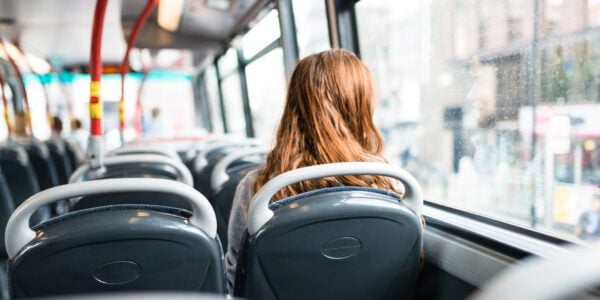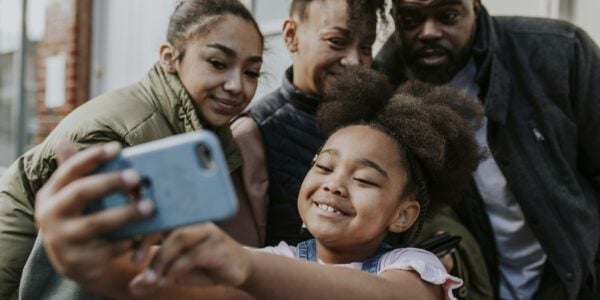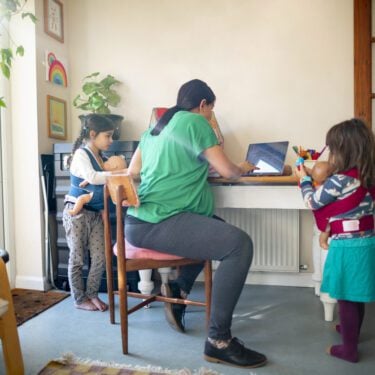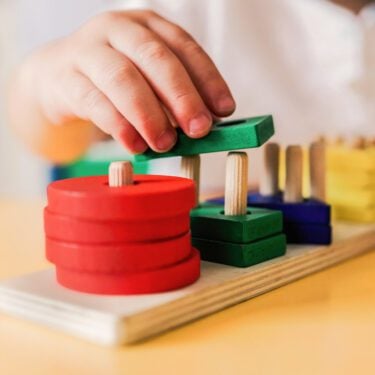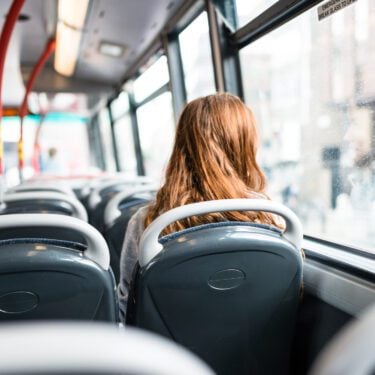
06/10/22
2 min read
For every £1 gained through tax cuts, households will lose £2 due to the freeze on income tax thresholds says the IFS.
The latest chapter of the Nuffield Foundation funded IFS’ Green Budget outlines the impact of the government’s planned changes to the UK tax system at a time when proposed tax cuts are putting significant strain on public finances. The report states that benefits from the high-profile announcements on reducing National Insurance Contributions and income tax will be erased by the long-term freeze on benefit values and tax thresholds. By 2025/2026, the IFS calculates that households will end up losing £2 for every £1 they save through tax giveaways with the most vulnerable people expected to see a decline of 2.8% in income.
Freezes to benefit allowances and amounts will shrink the size of the benefits system while the failure to raise tax thresholds at a time when inflation is high will mean millions will be moved to higher tax brackets. For example, the four-year freeze on the personal allowance – above which workers pay basic rate income tax – will mean that in the next three years, nearly 1.5 million more people will pay income tax at a cost of £500. A record 7.7. million will be in the higher-rate bracket and the number of households in the additional rate bracket will triple to around 760,000.
It’s not only tax thresholds that will cost households. Indefinite freezes to the benefit cap which sets out the maximum sum of money that some out-of-work families can receive – will mean the number of families affected will double and half a million more families will lose some or all of their child benefit entitlement by 2025-2026, taking the total to 2.5 million. As these benefits are frozen indefinitely, the impact will worsen over time.
Frozen tax and benefit thresholds do not account for changes in the cost of living and as a result can fail to reflect household needs. One example is the benefit cap, where the threshold freeze dramatically increases the numbers of families subject to the cap and reduces the amount of real support the benefit system offers. Evidence shows that parents currently subject to the cap struggle to meet their children’s basic needs, and that it increases maternal mental ill health and risks affecting children’s emotional and physical development. The government should uprate all tax–benefit thresholds by default and explain its reasoning should it choose not to do so, to avoid the arbitrary and pernicious effects of long-term freezes.Alex Beer, Welfare Programme Head at the Nuffield Foundation
Tom Wernham, a Research Economist at IFS and an author of the report, said:
‘Of all the changes to taxes and benefits over the next three years, freezes to various tax and benefit thresholds and allowances are the most significant and least transparent. Freezes far more than outweigh headline policies such as the 1p cut to the basic rate of income tax, or the reversal of the health and social care levy, and they are set to drag millions more into the tax system and into higher rates of tax. Giving with one hand and taking with the other in this way is opaque and stealthy – and when inflation is volatile the impact can vary hugely from what the government initially intended. For example, the unexpected bout of inflation we’re now facing means that the freeze to income tax thresholds is around four times as big a tax rise as expected when the policy was announced.’
Tom Waters, a Senior Research Economist at IFS and an author of the report, said:
‘Practically every part of the tax and benefit system contains allowances, amounts or thresholds that are frozen, often indefinitely. Some are farcical – the Christmas bonus, paid to pensioners and disability benefit recipients, has been frozen at £10 since 1977, in which time prices have more than quintupled. Of course, from the Treasury’s perspective, one can see that undoing such freezes might not be appealing, given the state of the public finances. But that doesn’t change the fact that there are far less opaque and arbitrary ways to raise revenue. Worryingly, it seems like there is a growing trend towards introducing new parameters to the system that are indefinitely frozen. This smacks of lazy policymaking. The government should kick the habit.’

